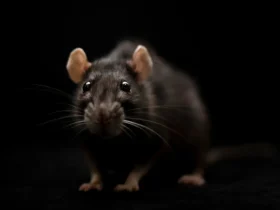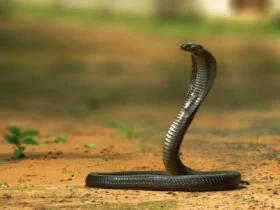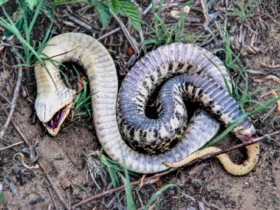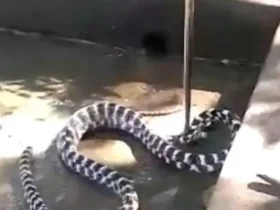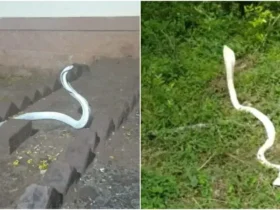The phenomenon of global warming causing food scarcity is leading to increased tension and breakups among black-browed albatross pairs, according to a study published in the Royal Society journal on November 24th.
Black-browed albatrosses are known for their lifelong monogamy. Only 1% to 3% of black-browed albatross pairs separate and seek new mates. However, this rate increases to 8% in years with abnormally high water temperatures. Researchers arrived at this conclusion after analyzing data from over 15,000 black-browed albatross pairs in the Falkland Islands, South Atlantic, over a period of 15 years.
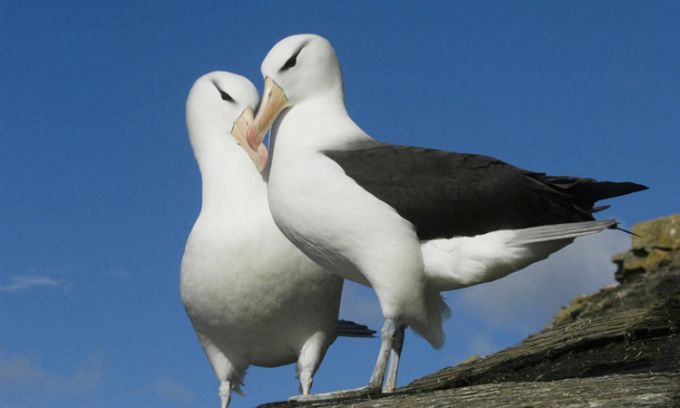
Scientists have long known that black-browed albatrosses can divorce, with the female’s likelihood of seeking a new mate higher than that of males if they have an unsuccessful breeding season. However, the research team discovered that in unusually warm years, the divorce rate among successful breeding pairs also increases. So why does warmer water lead to these consequences?
Rising water temperatures result in a scarcity of phytoplankton, the foundation of the marine food chain. The scarcity of phytoplankton affects the entire chain, making albatrosses have to fly farther and work harder to find enough food. In some cases, albatrosses may fly too far and not make it back in time for the breeding season, causing their partners to seek new mates, according to Francesco Ventura, an expert at the University of Lisbon and co-author of the study.
Ventura also noted that harsh temperatures and the effort required to forage increase stress levels in the birds. They may somewhat blame their partners for their exhaustion. “We hypothesize a blame game. In this scenario, females could experience physiological stress and perceive this increased strain as being due to male inadequacy,” he said.
The recent study was conducted on a population of black-browed albatrosses in the Falkland Islands, where the number of individuals remains abundant, and divorce is not a catastrophe, Ventura explained. They are still able to find new mates after parting ways.
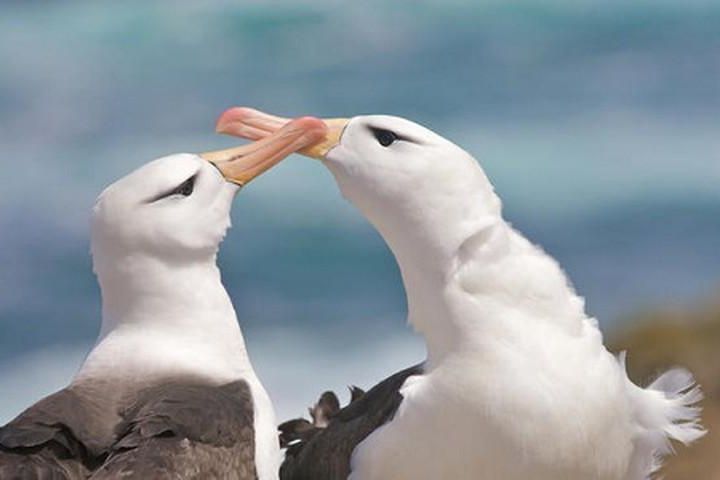
However, this could also occur in albatross populations with fewer individuals, leading to severe consequences. “If it’s a population with fewer breeding pairs, breaking those relationships would cause disruptions in the normal breeding process,” Ventura suggested.
